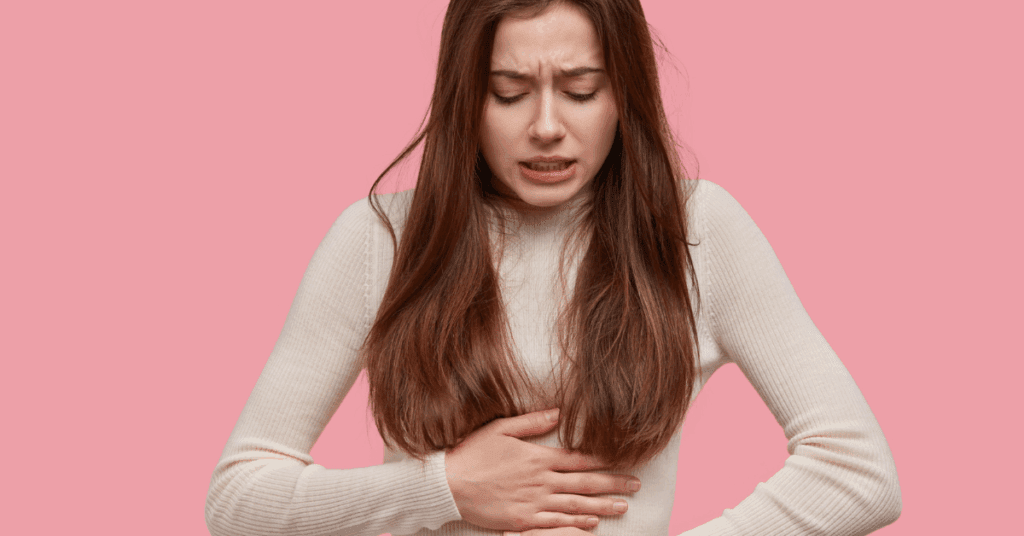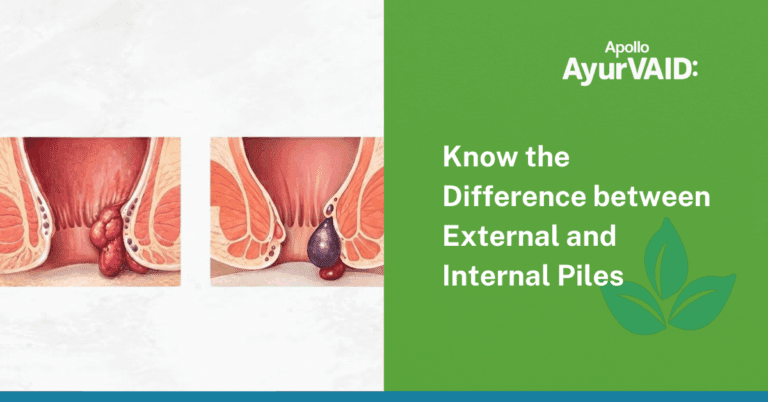Polycystic Ovarian Syndrome (PCOS) is a leading hormonal and metabolic disorder in women of childbearing age. It may result in irregular or absent menstrual periods, weight gain, acne, excess hair, thinning hair, mood swings such as depression and anxiety, and difficulty in conception. PCOS influences metabolism, tending to result in insulin resistance and impacting various body systems.
Ayurveda for PCOS presents an integrated approach to achieving hormonal equilibrium, enhanced metabolism, and fertility.
Ayurveda treatment for PCOS not only works to control symptoms but also deters disease progression, improves fertility, and revives long-term hormonal and metabolic well-being.

Ayurveda's Perspective on PCOS or PCOD
PCOS or PCOD is not defined in Ayurveda as a single, unique disease but rather as related to other conditions with similar symptoms. The names Pushpaghni Jataharini (ovum destroyer, preventing fertility), Artavakshaya (dosha imbalance causing irregular or inadequate menstruation), Anartava (total absence of menstruation due to channel blockage), and Raktapradara (profuse bleeding due to hormonal imbalance) are evocative of the complex presentation of PCOS.
NOTE: PCOD and PCOS difference – click here.
Ayurveda considers PCOS the derangement of the basic energies of the body, or Doshas, Vata, and Kapha, and the action of other bodily tissues, or Dhatus, like Medas (fat tissue), Rasa (plasma), Rakta (blood), and Artava (reproductive tissue). The root cause of the condition may be the derangement of Agni (digestive and metabolic fire). This disturbance of Agni results in inadequate metabolism and the formation of Ama (toxins), which in turn clogs the Srotas (body channels), especially the reproductive channels (Artava-vaha Srotas). This clogging, in combination with Vata and Kapha disturbance, is responsible for insulin resistance, hyperandrogenism, and ovarian failure, leading finally to the gamut of symptoms manifested in PCOS/PCOD.
Other contributing factors are too much junk food, sugar, processed foods, irregular eating, irregular sleeping habits, lack of physical activity or sedentary lifestyle, and long-standing stress or emotional disturbances. Genetic susceptibility is also recognised.
A Comprehensive Ayurveda Treatment Approach
The Ayurveda treatment for PCOS takes a comprehensive, long-term, and cause-based approach.
PCOS varies for lean and obese individuals. Lean PCOS is due to hormonal dysregulation resulting from stress, while obese PCOS is due to metabolic disturbance. Ayurveda addresses both types – by restoring digestive health and balancing hormones through a combination of internal medicines, dietary adjustments, lifestyle modifications, and Panchakarma therapies.
PCOS management focuses on:
- Augmentation of digestive fire (Agni Deepana)
- Detoxification of the retained toxins (Ama Pachana)
- Reduction of excess Kapha and obstructions (Rukshana)
- Gut cleansing (Koshta Shodhana)
- Restoration of normal Vata movement (Vatanulomana)
- Removal of obstructions in body channels (Srotoshodhana)
- Repair of tissue-level metabolic dysfunction (Dhatvagni Deepana)
Apollo AyurVAID’s Precision Ayurveda Approach to PCOS/PCOD is a protocol-based, systematic treatment of causative factors. Panchakarma therapies are used as a foundational modality.
Panchakarma therapies for PCOS
- Sarvanga Abhyanga – Full body oil therapy for dosha equilibrium
- Sarvanga Udwarthana – Massage with dry powder for lowering excess Kapha
- Bhashpa Sweda – Steam treatment to liquify ama (metabolic toxins)
- Nasya – Nasal application of medicated oil for correction of the neuro-hormonal axis
- Vamana – emesis for the elimination of excess Kapha and improved metabolism
- Virechana – purgation for Pitta balance, improved Agni, and improved hormonal & lipid metabolism through the liver
- Vasti – enemas to normalise the neuro-hypothalamic-pituitary-ovarian (HPO) axis and coordinate the hormones
- Rasayana – Nourishing therapies to rejuvenate the body, enhance general well-being, and help fertility
Lifestyle Changes
One of the main pillars of the Ayurveda treatment of PCOS is lifestyle change. This involves:
- Dietary Changes: Maximising whole grains, high-fiber foods, lean protein, and healthy fats, while completely avoiding refined sugars, dairy, alcohol, caffeine, carbonated beverages, and fried food. Some of the specific recommendations are bitter vegetables and the avoidance of high-glycemic foods.
- Physical Exercise and Yoga: Yoga and regular physical exercise are strongly suggested. They alleviate stress, control weight, enhance metabolism, increase blood supply to the reproductive organs, and balance the menstrual cycle. Yoga’s effectiveness in maintaining emotional well-being, reducing stress, and enhancing sleep is important for general well-being in PCOS.
- Stress Management: Emotional imbalance and chronic stress are crucial causative factors. Meditation and Pranayama practices to calm the mind and reduce cortisol levels, thus promoting hormonal balance.
- Regulation of sleep: Regular regulation of sleep is vital for optimal hormone regulation.
Outcomes and Benefits
The Ayurveda treatment for PCOS has demonstrated promising outcomes, focusing on sustainable improvement rather than temporary relief. Benefits reported include:
- Regularisation of Menstrual Cycles: Noticeable improvement in regularity, length, and discomfort of the menstrual cycle, frequently without dependence on hormonal pills.
- Improved Reproductive Health and Fertility: Increased ovulation, greater possibility of natural conception, and decreased dependence on artificial methods of fertilisation.
- Reduction in Insulin Resistance and Obesity: Enhancement of fat metabolism, enhanced insulin sensitivity, and reversible weight loss without side effects.
- Relief from Associated Symptoms: Elimination of acne, hirsutism, mood swings, and other dermatological conditions.
- Reduced Drug Dependence: Normalising metabolic and endocrine function automatically decreases the use of hormonal and anti-diabetic medications.
- Whole-Person Recovery and Prevention: Treating emotional well-being, maximising sleep, minimising stress, and managing comorbidities, thereby preventing further development of severe disease.
Research has indicated that Ayurveda therapies, such as certain formulations and Panchakarma therapies, can result in considerable improvement in menstrual regularity, BMI, and growth of follicles, with conception rates being high. The improvement comes from addressing the root imbalances and enhancing the body’s healing processes, and it is a safer and more holistic treatment plan than traditional methods.
Conclusion
PCOS is a complex problem, a complete individualised management approach that includes personalised routines, cleansing, and long-term lifestyle changes through Ayurveda is the best way for complete care. A combined approach aiming at the symptomatic management is a superficial approach compared to the Ayurveda approach, which looks deep into the rebalancing of the body to counteract the imbalance over time, thus ensuring longevity, better health, and a quality lifestyle towards the enhancement of fertility, thus highlighting that this disease does not have a quick fix.







